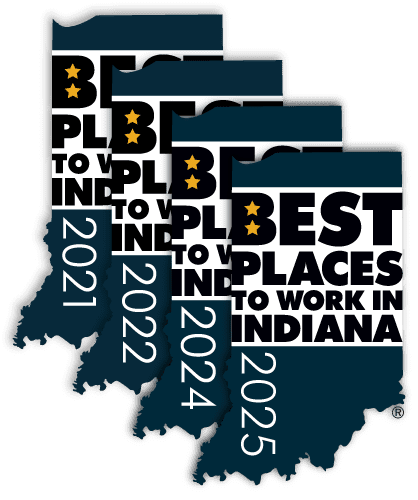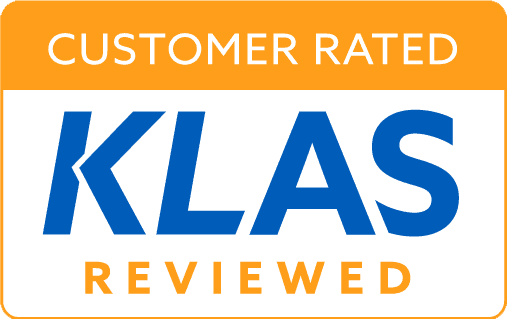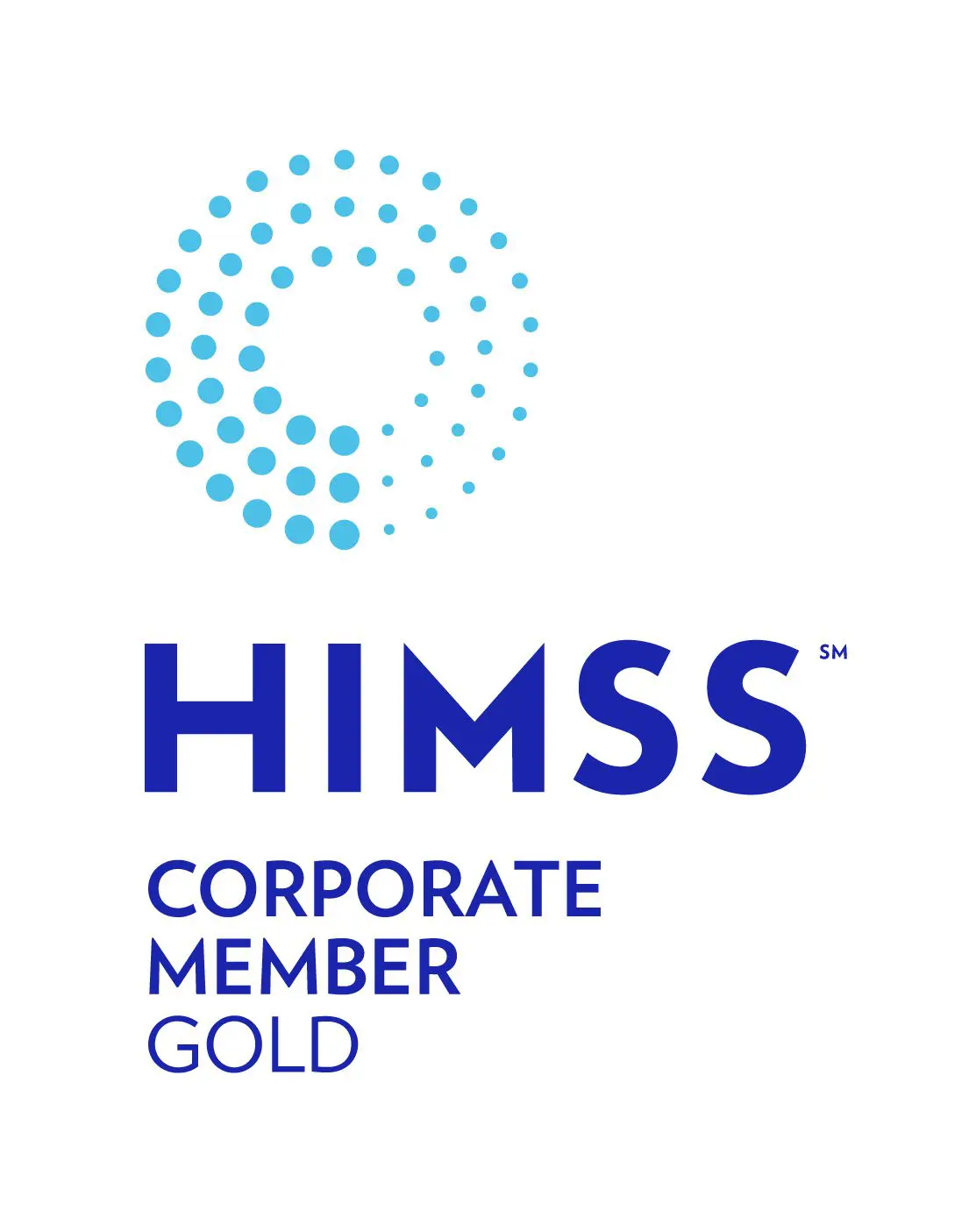Legacy data management and health data archiving are some of the topics covered in a recent interview by Harmony Healthcare IT’s Managing Partner, Rick Adams. In this wide ranging interview, Rick answers questions on how health data archiving has evolved over the years as well as where it is headed.
When asked about the evolution of health data archiving, Rick states “Historically, data was printed out from a legacy system and placed in filing cabinets or the data was scanned and saved to a network drive. About five or six years ago, this was still a fairly common way to create what you might call an archive. Another commonly used approach was to task a legacy system user with generating static electronic reports for each patient account in PDF format. This PDF approach was somewhat more “patient centric” in that there was a searchable index to retrieve all the data on a patient, although a search simply returned a set of documents. The problem with any of these approaches, particularly the filing cabinet approach, was the challenge in quickly retrieving specific sets of information in response to a legal inquiry, an audit, or a patient request.”
In describing what he envisions as future trends, Rick notes that “There are a few healthcare industry drivers that are creating a greater need for archiving today. First, small practices are replacing legacy financial systems with fully-integrated EHRs. Secondly, larger practices are replacing their old EHRs with newer EHRs. Finally, consolidation throughout the healthcare system and federal incentive for the development of Accountable Care Organizations (ACOs) is causing larger physician groups and hospitals to acquire independent practices – thus, replacing and displacing even more systems. …This means that we definitely see a space for data archiving as an alternative to data conversion for some time to come.”
Download a copy of this executive leadership interview regarding healthcare legacy data management.






